Gardening Responsibly and Safely
Gardening is a therapeutic activity that helps promote mental relaxation and physical activity, bringing much benefit to the gardeners.
However, if gardens are not properly maintained or if good practices are not followed, it may have detrimental effects on the gardeners and their neighbours. Some common issues include mosquito breeding, blocking of walkways or access paths, encroachment onto neighbouring property, as well as unsafe structures.
Here are some tips to help prevent or mitigate some of these issues and to create a friendlier and more conducive environment for everyone:
|
1. Mosquito Breeding |
|
|
|
Flower pots and dishes
|
|
|
Plants
|
|
|
Water features and hydroponic/aquaponic setups
|
|
|
Drains, gutters, and other areas that may collect water
|
| 2. Blocking of Walkways or Access Paths | |
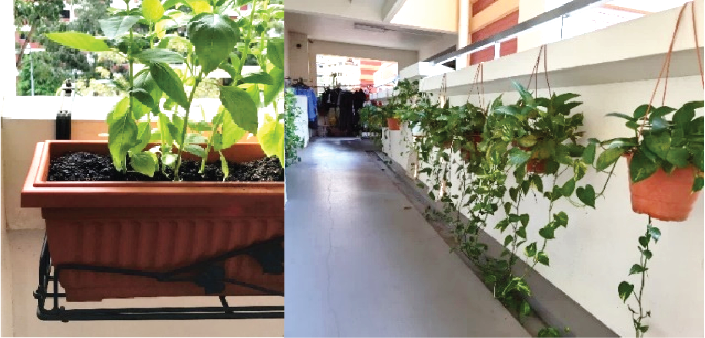 |
Corridors
|
 |
Pots
|
 |
Plants
|
|
3. Encroachment
|
|
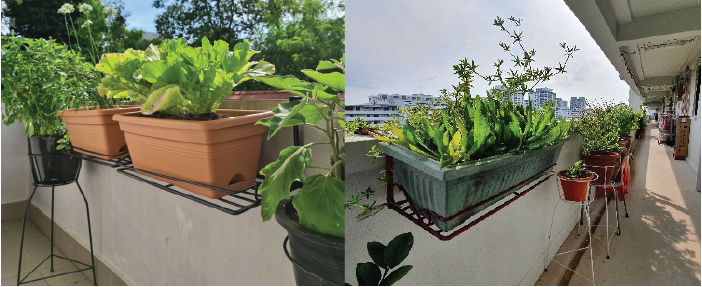 |
|
|
4. Unsafe Structures
|
|
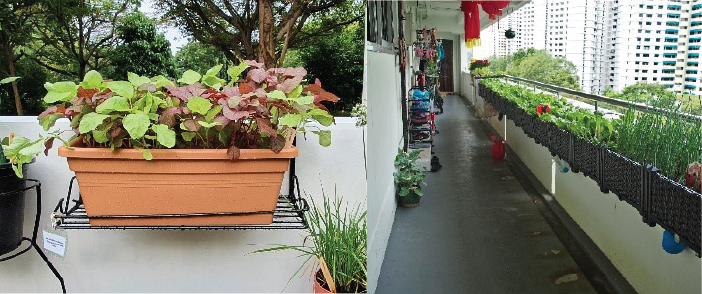 |
|
For more information and tips on how you can garden in a safe and responsible manner, check out relevant resources available online.
Gardening with Edibles
NParks will be distributing a total of 400,000 seed packets of edible plant varieties to interested members of public this year, as part of the Gardening with Edibles programme under the Edibles Horticulture Masterplan. Through the programme, NParks aims to encourage the public to garden at home or in community and allotment gardens, as well as give them the opportunity to play a key role in the ownership and stewardship for nature as we grow our City in Nature, which will bring forth benefits of health and well-being.
The seed packet will contain one type of leafy vegetable from among 10 varieties and a plant care sheet in four languages. Members of the public who are interested to receive the seed packets are invited to register at www.go.gov.sg/seed-pack-registration or call 6499 1099 to receive their seed packets through mail.
This brings the total number of seed packets distributed under the Gardening with Edibles programme since its launch in June 2020 to some 860,000, complemented with a slew of free online resources and workshops catering to different skill levels. The programme is also aligned with Singapore’s national strategy to strengthen our food resilience and reach the “30 by 30” goal led by the Singapore Food Agency. The Gardening with Edibles programme was established with the support of founding partners DBS Bank and Tote Board, as well as the Garden City Fund, a registered charity established by NParks. This round of seed packet distribution is made possible by the programme’s partner Singapore Post Limited, through the Garden City Fund.
Gardeners’ Day Out
Participate from the comfort of your home with online activities such as talks and demonstrations, video tutorials of activities and promotions offered. Enjoy Gardeners’ Day Out online at www.nparks.gov.sg/GDO.
You can also enjoy videos of our Gardening With Edibles Masterclass Series. They are conducted by NParks horticulturists, focusing on unique and challenging edibles across different plant families.
Learning More
If you are a gardening newbie, visit NParksSG, our refreshed YouTube Channel that serves as a one-stop repository for close to 300 video resources. It covers topics ranging from types of soil needed for your garden and how to plant, harvest and even cook your edibles.
For more information about the flora and fauna found in Singapore, please visit Flora and Fauna Web.
If you like what you read, follow us on Facebook, Instagram and Telegram to get the latest updates.
Text by Hong Zhongzhi, Jacqueline Chua and Ang Wee Foong


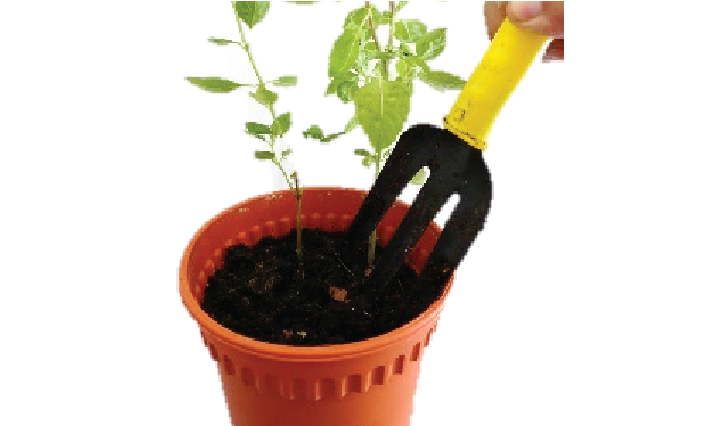
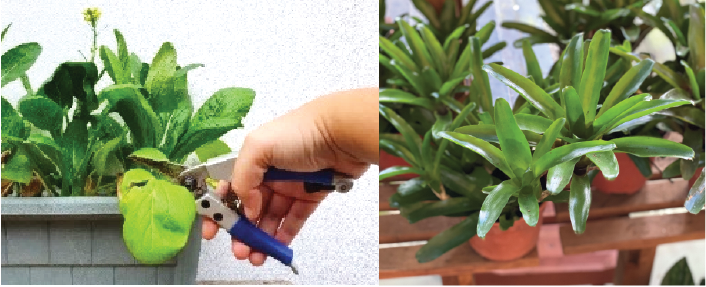
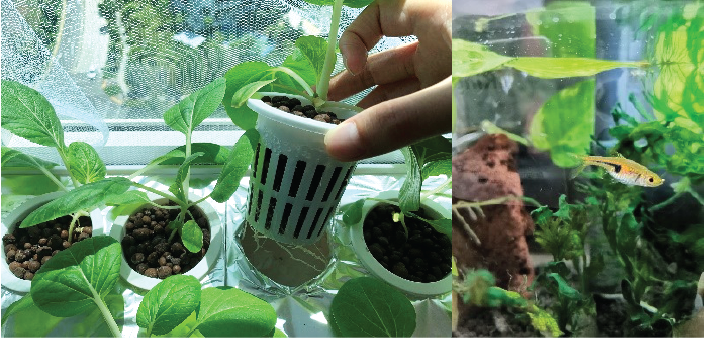
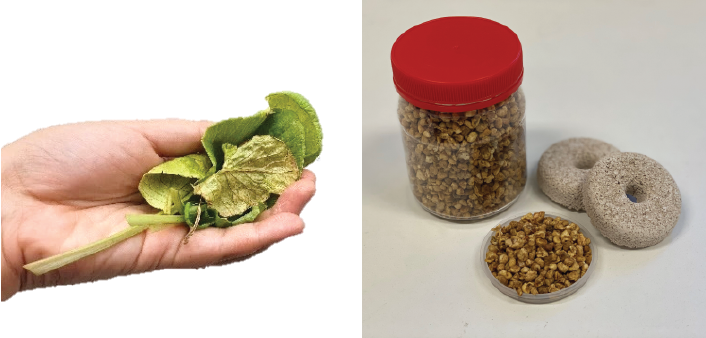


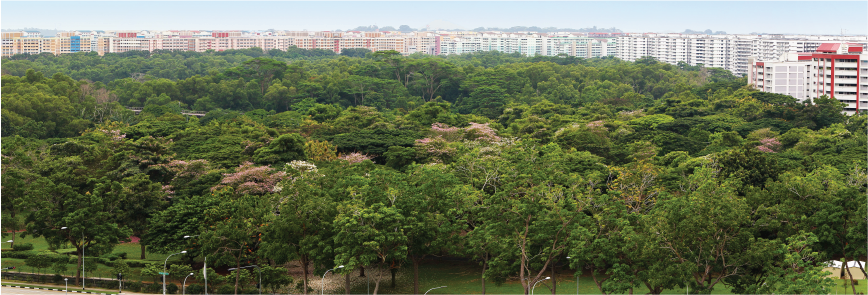
Have views or comments on this article? Let us know via this form. If you would like to give us feedback on any other areas relating to our parks and gardens, please submit via https://www.nparks.gov.sg/feedback